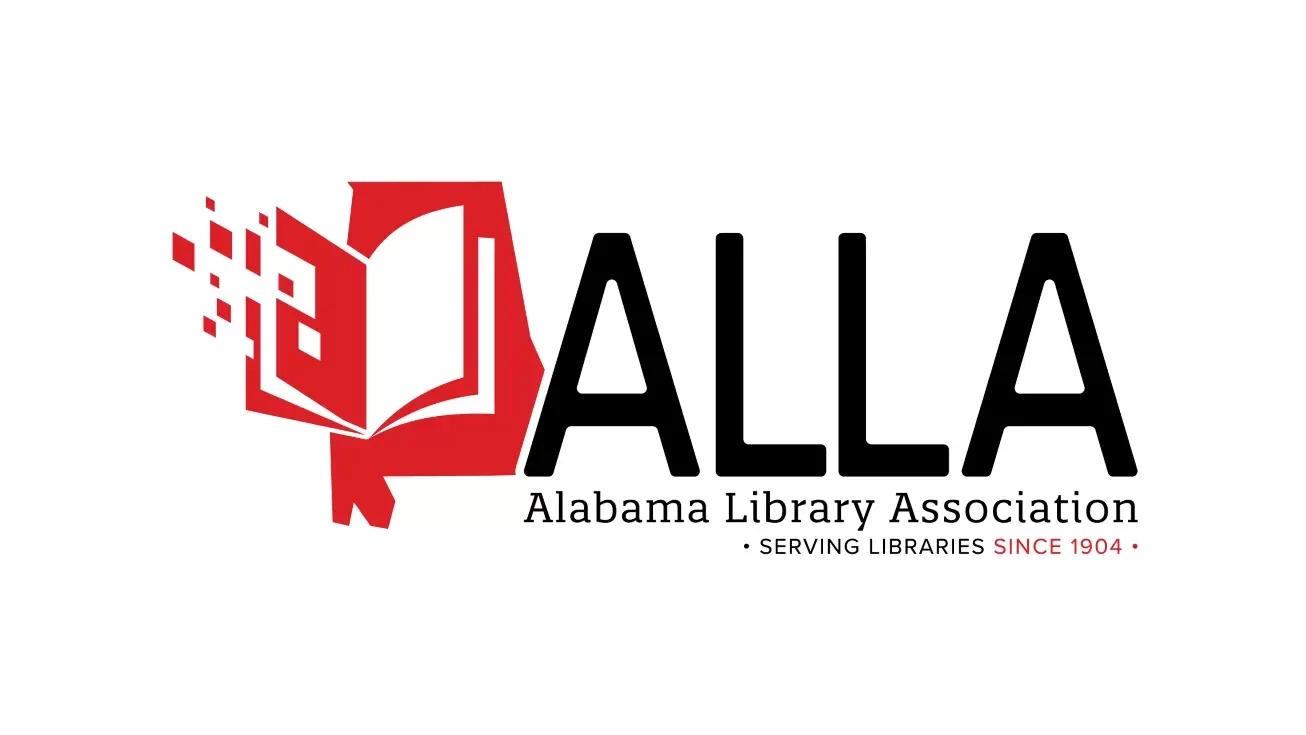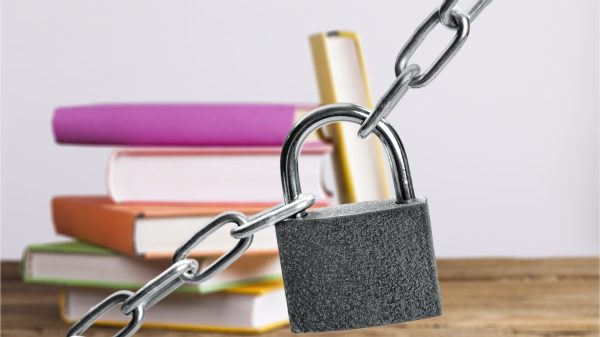|
Getting your Trinity Audio player ready...
|
As the state has dealt with controversy over the libraries for the past year, one issue that arose is the American Library Association’s library bill of rights and how it aligns with state law and attitudes about libraries.
There has also been an attack on the ALA overall, with book challengers and politicians leaning into the current president’s comment that she is a “Marxist lesbian.”
As the Alabama Public Library Service works to create its own library bill of rights, the Alabama Library Association beat them to the punch Wednesday with their own version of what such a document should look like for Alabama libraries.
“Crafted by Alabama library professionals, this document was created using Alabama legal codes, the Alabama Constitution, and the United States Constitution, as well as decades-worth of professional experiences and professional literature,” said ALLA President Craig Scott in a statement. “This has resulted in the creation of the dynamic Alabama Library Bill of Rights, a document that uniquely reflects Alabama librarians’ values, experiences, and commitment to practicing constitutional librarianship.”
The bill of rights supports “intellectual freedom” and pushes against the removal of books “due to partisan or doctrinal objections.”
While the APLS has ended its membership in the ALA, individual libraries are still free to be members of ALA and use the ALA library bill of rights as guidance. The only tenet of the ALA library bill of rights that contradicts state law is the right of parents to access their children’s circulation records. The ALA bill of rights posits that children have the right to privacy of circulation records, while Alabama law ensures parents have full rein over their children’s reading materials.
Members of the ALLA do not have to implement this new bill of rights, but the association “encourages library boards and their stakeholders to formally incorporate the Alabama Library Bill of Rights when creating policies and procedures.”
The full bill of rights is available below.
The Alabama Library Association (ALLA) represents library professionals serving diverse communities throughout Alabama.
ALLA firmly supports the freedom to read and free speech as inalienable rights protected by the First Amendment.
ALLA firmly supports the freedom of free expression and free access to ideas.
ALLA affirms that upholding intellectual freedom is a fundamental responsibility of the library and information profession.
ALLA affirms that all libraries are forums for information and ideas, and that the following basic policies should guide their services:
I. Books and other library resources must be offered to support literacy, inspire, and inform all members of the community served by the library. No material should be excluded based on the origin, background, or views contributing to their creation.
II. No individual should be denied access to or restricted from using a library based on their origin, age, background, or viewpoints.
III. Everyone, regardless of their origin, age, background, or views, has the right to privacy and confidentiality in their use of the library. Libraries should actively promote, educate about, and safeguard people’s privacy, protecting all library use data, including personally identifiable information.
IV. Libraries should offer materials and information that present diverse viewpoints on both current and historical issues. No materials should be banned or withdrawn due to partisan or doctrinal objections. Libraries must ensure that the selection and availability of materials and services are guided by professional judgement and/or professional subject expertise on subject matters during considerations rather than political, moral, or religious views.
V. Libraries should offer services and programming that present diverse viewpoints on both current and historical issues, regardless of the personal views of the library employees.
VI. Libraries should support the caregivers’ rights to monitor their child/children’s use of
the library and decide which materials are suitable or beneficial for them. While acknowledging that not every book suits every reader, no individual or group should infringe upon others’ right to intellectual freedom regarding what is appropriate for someone else’s child. Access to a diverse range of reading materials enhances children’s opportunities to develop into lifelong learners.VII. Libraries have a responsibility to advocate for all people, regardless of race, sex, or religious preference, when it comes to challenging censorship. Libraries should collaborate with individuals and organizations dedicated to defending against the abridgment of free expression and free access to ideas.
VIII. Libraries that offer exhibit spaces and meeting rooms to the public should ensure equitable access to these facilities, regardless of the beliefs or affiliations of individuals or groups making requests.






















































